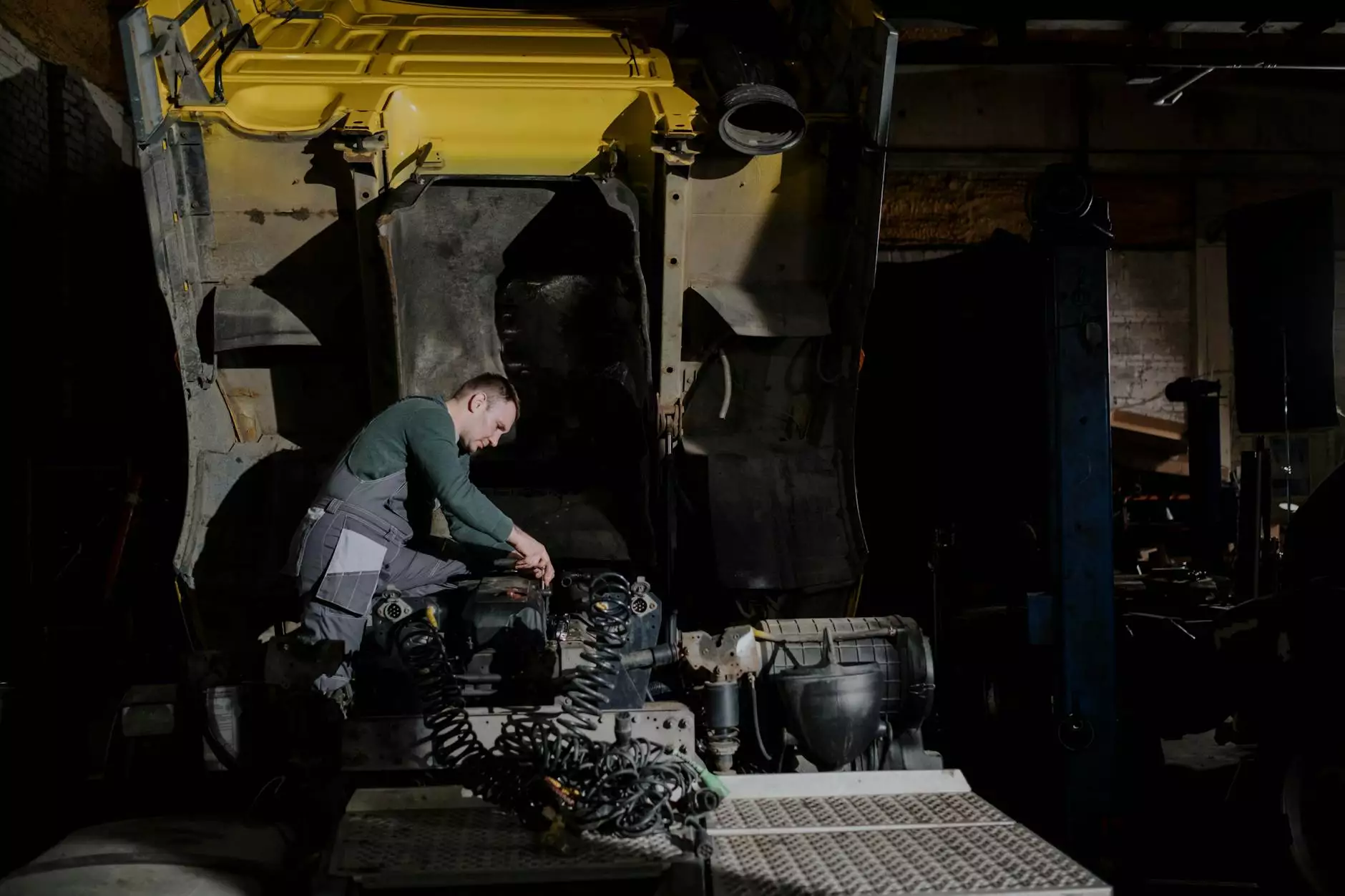Unlocking the Secrets of Effective MRI Machine Maintenance

MRI machine maintenance is a critical aspect of healthcare that often goes overlooked. Given the essential role MRI technology plays in diagnostics, understanding how to maintain these sophisticated machines can significantly impact patient outcomes and operational efficiency.
Why is MRI Machine Maintenance Important?
Maintaining MRI machines is essential for several reasons:
- Patient Safety: Regular maintenance ensures that machines operate within safe parameters, reducing potential risks to patients.
- Operational Efficiency: Well-maintained equipment reduces downtime, ensuring that healthcare facilities can serve patients without interruption.
- Image Quality: Consistent maintenance maintains high image quality, which is crucial for accurate diagnoses.
- Cost Reduction: Preventative maintenance can help avoid costly repairs and replacement of equipment.
Understanding MRI Machines
Before delving into maintenance practices, it's important to have a basic understanding of how MRI machines work. MRI, or Magnetic Resonance Imaging, uses strong magnetic fields and radio waves to create detailed images of organs and tissues inside the body. The critical components of an MRI machine include:
- Magnet: The heart of an MRI machine, which creates the strong magnetic field necessary for imaging.
- Gradient Coils: These are used to produce varying magnetic fields, allowing spatial encoding of the signals from the patient.
- Radiofrequency Coils: These coils send and receive radio waves, which are essential for image acquisition.
- Computer System: This component processes the data received from the coils and converts it into images.
Key Aspects of MRI Machine Maintenance
Regular Inspections
One of the most important aspects of MRI machine maintenance is routine inspections. Qualified technicians should conduct comprehensive assessments of the machine at regular intervals. These inspections typically include:
- Checking magnet stability and performance
- Evaluating cooling systems
- Testing the gradient and radiofrequency coils
- Assessing the overall operational functionality
Calibration and Testing
Calibration is crucial to ensure diagnostic accuracy. Regularly calibrating the MRI machine helps ensure that it is operating within the manufacturer's recommended parameters. Testing can also include:
- Software updates to improve performance
- Quality assurance tests on imaging outputs
- Functional tests on all electronic systems
Preventative Maintenance Practices
Incorporating preventative maintenance practices can drastically reduce the chances of unexpected breakdowns. Key strategies include:
- Daily Checks: Operators should conduct daily checks before the machine is used. This includes ensuring that all systems are functional and that there are no visible issues.
- Monthly Servicing: Monthly maintenance should involve cleaning and testing essential components to maintain optimal operation.
- Annual Comprehensive Maintenance: A yearly deep service conducted by a qualified technician is essential. This should include thorough testing, cleaning, and any necessary repairs.
Challenges in MRI Maintenance
While understanding the maintenance requirements is one thing, implementing these practices comes with its set of challenges:
- High Costs: The costs of maintaining or repairing MRI machines can be significant, particularly for smaller practices.
- Diverse Equipment Needs: Different manufacturers can have varying maintenance requirements, making it crucial for technicians to be well-versed in multiple systems.
- Availability of Qualified Personnel: Finding qualified MRI technicians for maintenance can be challenging, especially in rural areas.
How Echo Magnet Services Can Help
Partnering with professionals like Echo Magnet Services can alleviate many of the challenges associated with MRI machine maintenance. They offer comprehensive mri machine maintenance solutions tailored to meet the specific needs of healthcare facilities.
Benefits of Choosing Echo Magnet Services
- Expert Technicians: Echo Magnet Services employs highly qualified technicians with extensive experience in MRI technology.
- Customized Maintenance Plans: They provide tailored maintenance plans that suit specific operational requirements and budgets.
- 24/7 Support: Their support team is available around the clock to address any concerns or emergencies.
- Comprehensive Reports: Regular maintenance checks come with detailed reports, allowing for better planning and resource allocation.
The Future of MRI Machine Maintenance
As technology continues to advance, the future of mri machine maintenance looks promising. With trends such as remote monitoring and predictive maintenance analytics, healthcare providers can anticipate issues before they manifest. Artificial Intelligence (AI) and Machine Learning (ML) approaches will further enhance the accuracy and ease of maintenance protocols, leading to:
- Increased Uptime: AI algorithms can predict when a machine requires maintenance, minimizing unexpected downtimes.
- Enhanced Imaging Quality: Continuous monitoring ensures that machines provide the highest quality images, enhancing diagnostic capabilities.
- Cost Efficiency: Over time, proactive maintenance strategies can lead to significant cost savings.
Conclusion
In summary, understanding the significance of MRI machine maintenance is paramount for any healthcare facility. Investing in regular maintenance, inspections, and proper servicing ensures not only the longevity of the machines but also, more importantly, the welfare of patients. With the assistance of expert services like Echo Magnet Services, facilities can navigate the complexities of MRI machine maintenance efficiently. As technology evolves, staying informed and adaptable will further enhance the reliability and performance of these essential diagnostic tools.



